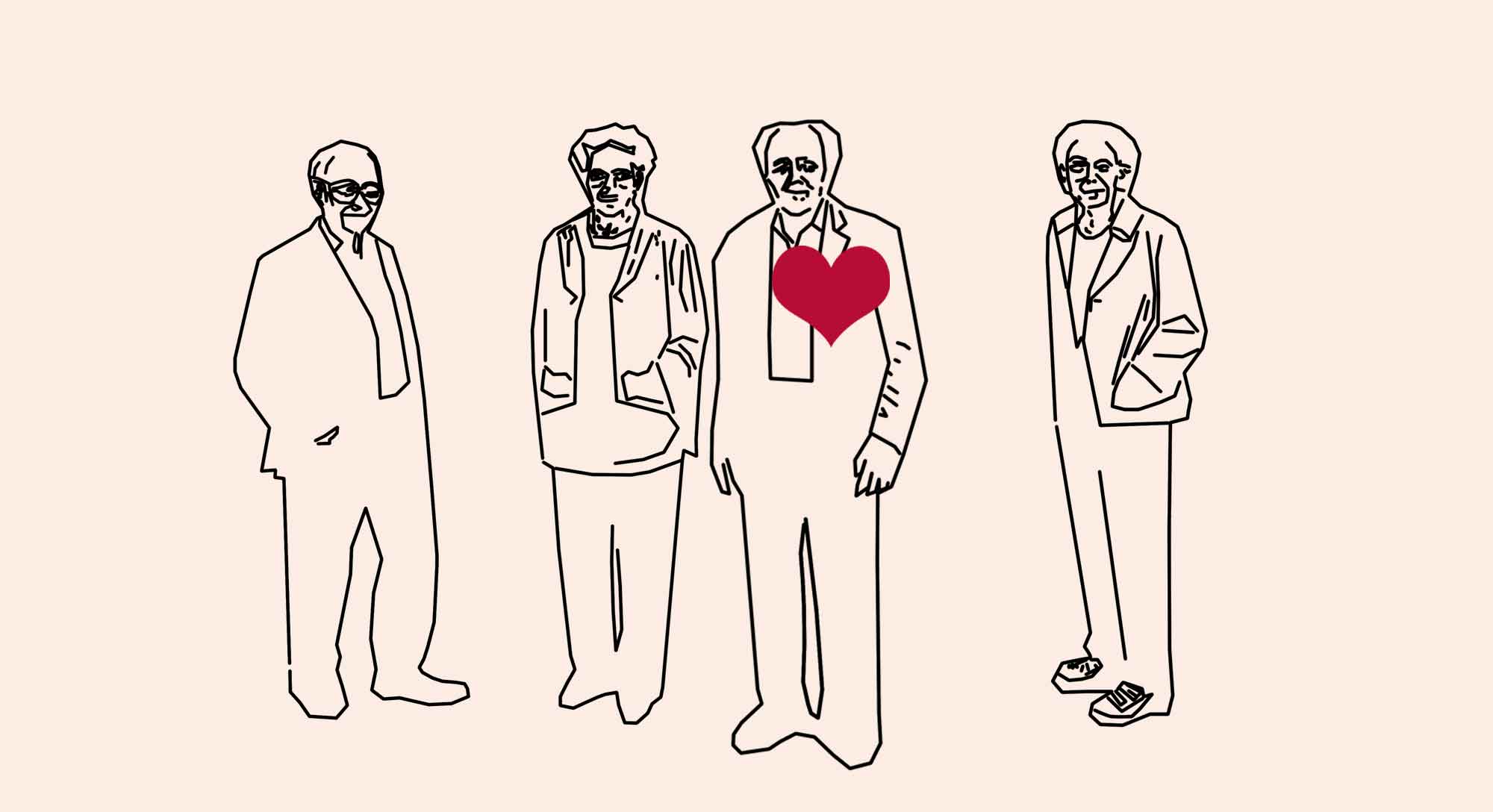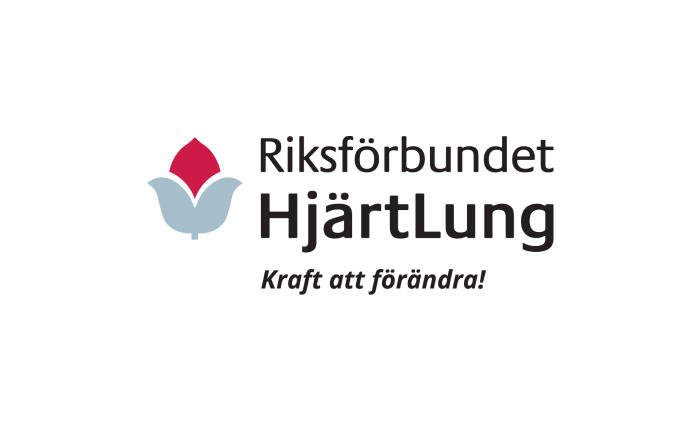Lifestyle and risk of atrial fibrillation
Lifestyle changes can make a big difference and reduce the risk of atrial fibrillation. Everyone should evaluate their weight, exercise habits and alcohol intake and stop smoking. If you succeed in doing this, there is a good chance of avoiding atrial fibrillation, and the general health benefits are great.
Positive lifestyle changes can significantly reduce the risk of developing atrial fibrillation and improve overall heart health. If you feel unsure, consult a healthcare professional for personalised advice and guidance based on your circumstances.

Alcohol consumption
Alcohol interferes with normal electrical signalling in the heart and leads to irregular heart rhythms. Heavy alcohol consumption is a known trigger of atrial fibrillation. It may also increase the risk of developing atrial fibrillation. The risk increases as alcohol consumption increases.
Caffeine
Moderate caffeine consumption is generally considered safe for most people. However, excessive consumption of caffeine or other stimulants can potentially trigger or worsen the symptoms of atrial fibrillation in susceptible individuals. Caffeine is a stimulant that can increase heart rate and cause palpitations. If you notice that caffeine or other stimulants are affecting your symptoms of atrial fibrillation it may be wise to limit your intake or avoid it altogether.
Obesity
Being overweight puts stress on the heart and makes it work harder to pump blood. In addition, obesity is often associated with other conditions such as high blood pressure, diabetes and sleep apnoea, further increasing the risk of developing atrial fibrillation. A healthy diet and regular exercise can help reduce the risk of atrial fibrillation and improve overall heart health.
Physical inactivity
You may have heard that the risk of developing atrial fibrillation can increase if you exercise a lot. That may be true for a few people doing extreme endurance sports over several years. But for the majority, the risk will not increase, even if they exercise hard.
Exercise strengthens the heart and gives you more energy. A sedentary lifestyle or lack of regular exercise has been linked to an increased risk of atrial fibrillation. Physical activity is good for heart health and helps to maintain a healthy weight, lower blood pressure, improve circulation and reduce the risk of developing heart disease, including atrial fibrillation. For those who are often sedentary, it can be helpful to start with shorter walks and adapt the intensity to your ability.
Smoking
Tobacco smoking is a significant risk factor for most heart diseases, including atrial fibrillation. The chemicals in cigarettes can cause inflammation and damage to the heart and blood vessels, increasing the risk of developing atrial fibrillation. Quitting smoking is crucial to reducing the risk of atrial fibrillation and improving overall heart health. The most important factor in successfully quitting smoking is being motivated. Professional assistance can also help you achieve your goal. Contact your health centre for support.
Stress
Chronic stress affects the heart health and has been linked to an increased risk of atrial fibrillation. Stress triggers the release of stress hormones, which can affect the heart’s electrical system and promote arrhythmia. We can’t always control the source of stress, but there are tools in our daily lives that we can use to manage it and feel better. Methods such as relaxation exercises, meditation, yoga, regular exercise and a healthy work-life balance can help reduce the risk of atrial fibrillation.

Risk factors for atrial fibrillation

